I'm writing a lot of data into Databricks Delta lake using the open source version, running on AWS EMR with S3 as storage layer. I'm using EMRFS.
For performance improvements, I'm compacting and vacuuming the table every so often like so:
spark.read.format("delta").load(s3path)
.repartition(num_files)
.write.option("dataChange", "false").format("delta").mode("overwrite").save(s3path)
t = DeltaTable.forPath(spark, path)
t.vacuum(24)
It's then deleting 100k's of files from S3. However, the vacuum step takes an extremly long time. During this time, it appears the job is idle, however every ~5-10 minutes there will be a small task that indicates the job is alive and doing something.

I've read through this post Spark: long delay between jobs which seems to suggest it may be related to parquet? But I don't see any options on the delta side to tune any parameters.